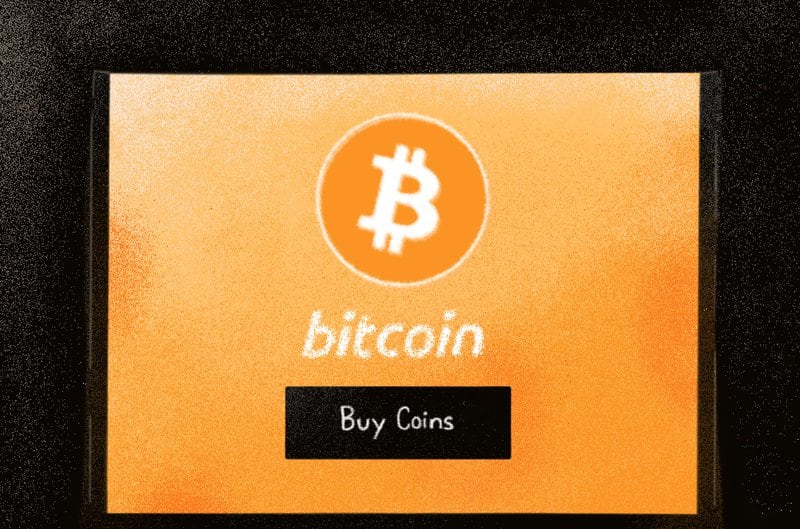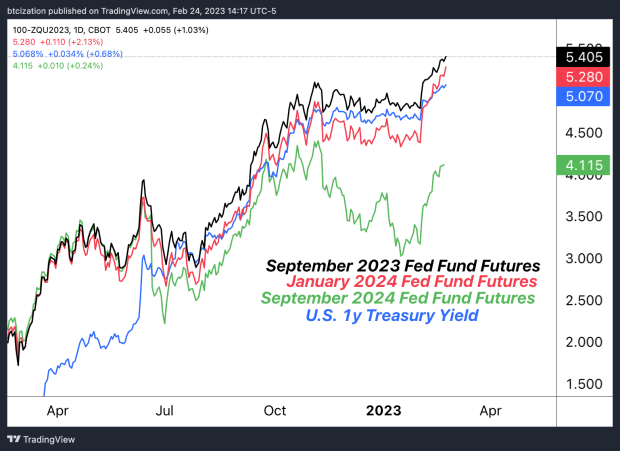Coinbase Has to Litigate Suit Over BCH Listing in Court, Judge Rules
At the end of 2017, Coinbase bungled its listing of bitcoin cash (BCH), and now a California judge is telling the company that it must reckon with this decision in court.
The news is the latest in a 2018 class-action lawsuit filed against Coinbase by a customer which includes allegations of negligence and the instigation of insider trading following the listing.
On August 6, 2019, San Francisco U.S. District Judge Vince Chhabria advanced this lawsuit, ruling that Coinbase cannot arbitrate the suit outside of the courtroom. This decision grants Coinbase clients who bought BCH during the forked coin’s launch the right to proceed with the lawsuit.
The Case Against Coinbase
Plaintiff Jeffrey Berk, representing other Coinbase clients, is seeking compensation for financial damages related to Coinbase’s precipitous addition — and subsequent abrupt suspension — of bitcoin cash for trading in December 2017. America’s largest cryptocurrency exchange originally signaled that it would not support trading for bitcoin cash nor withdrawals for customers who held bitcoin on Coinbase at the time of the August 1, 2017, fork.
The exchange then pivoted on its position though, saying that it would open trading in 2018 and announced bitcoin cash’s imminent launch on Twitter on December 19, 2017. The coin’s price, which began running up before the announcement, spiked to roughly $9,000 (a 200 percent increase) and Coinbase’s BCH order books swelled to $15 million in trades. Citing thinning liquidity due to a surge in selling volume, Coinbase almost immediately suspended trading, opened it the following day and then closed it again until 2018.
Following the incident, Coinbase faced insider trading accusations, something the lawsuit hits on. At the very least, critics argue that Coinbase’s actions demonstrate negligence and facilitated a “dysfunctional market.”
The Lawsuit Moving Forward
“The plaintiffs’ claim for negligence is not that the plaintiffs suffered injury from the natural expression of supply and demand on the exchange; it is that Coinbase engaged in conduct that would ensure a dysfunctional market where there was no natural expression of supply and demand at all,” the judge wrote in the August 6, 2019, order.
Coinbase’s decisions to suspend trading twice and then to halt it entirely displays negligence, the argument goes, and the judge said that the company should have given more advance notice before supporting bitcoin cash trading. It’s the judge’s opinion that, in this case, “the best interpretation of California law — [which] the California Supreme Court would be most likely to adopt — is that Coinbase indeed had a duty to maintain a functional marketplace.”
Given that Coinbase’s primary business is as a trading venue and its customers suffered material harm from this business decision, “California cases suggest [that its] conduct is morally blameworthy, and a policy of preventing future harm is warranted,” per the order.
According to Anderson Kill lawyer Stephen Palley, this could mean that the duty of care under tort law applies to cryptocurrency companies, meaning that they have obligations to uphold standards of care with their business practices to shield clients from harm. Moreover, given that the case is being tried in a U.S. district court, it has the potential to set a binding precedent.
Lynda J. Grant, an attorney for Berk, commented on the case in an email to Bitcoin Magazine:
“[W]e believe that the Court was correct in upholding the negligence claims and finding that they do not fall within the scope of the arbitration clause. This decision is consistent with the current trend in which courts and regulators have expanded consumer protections for those who trade in the cryptocurrency market. Courts have recently found, for instance, that certain token offerings constitute securities and fall within the purview of the federal securities laws. Those that operate cryptocurrency exchanges will now have to be cognizant of the fact that they may be held liable for their actions. We hope that through discovery we will be able to replead certain of the claims that have been dismissed.”
Representatives for Coinbase have not yet responded to Bitcoin Magazine’s requests for comment.
The post Coinbase Has to Litigate Suit Over BCH Listing in Court, Judge Rules appeared first on Bitcoin Magazine.









